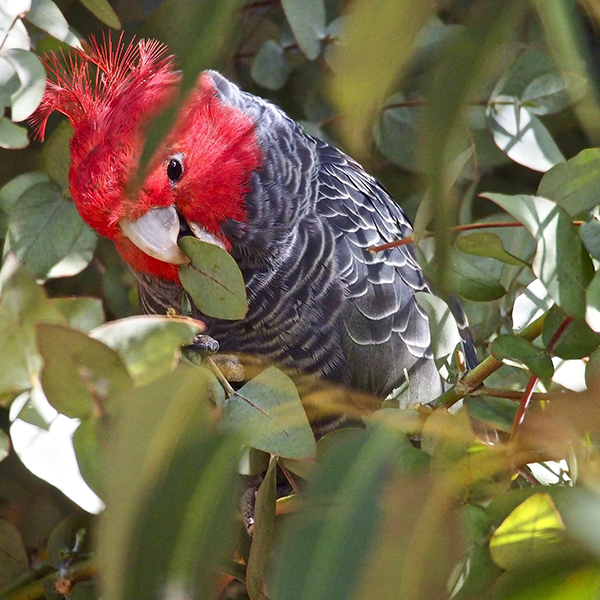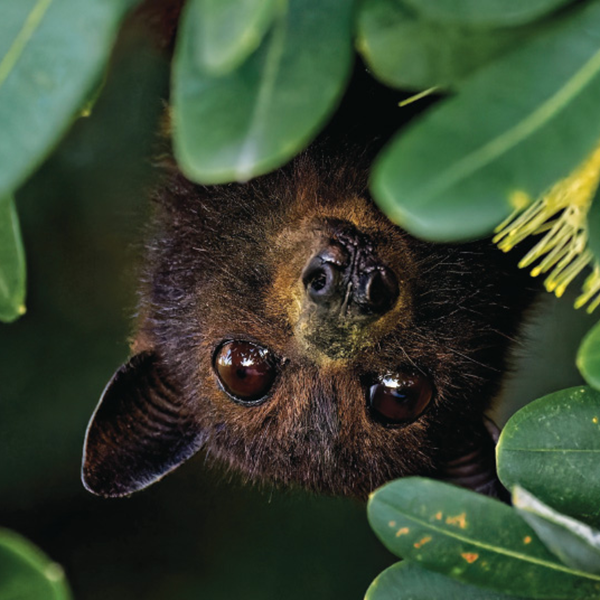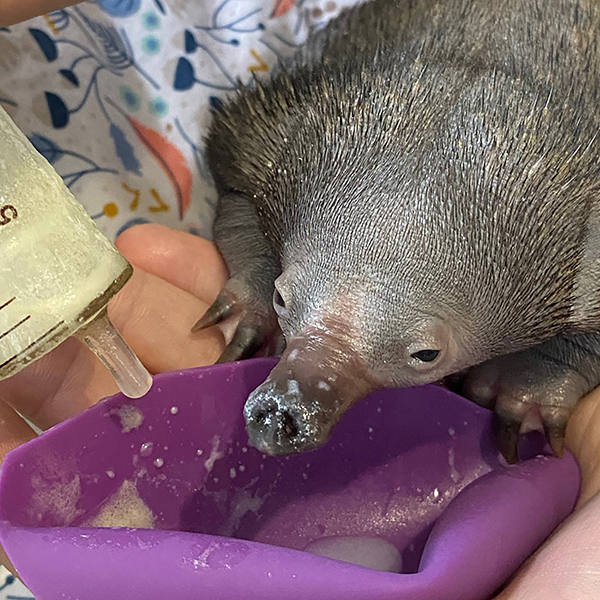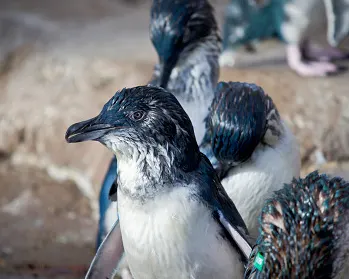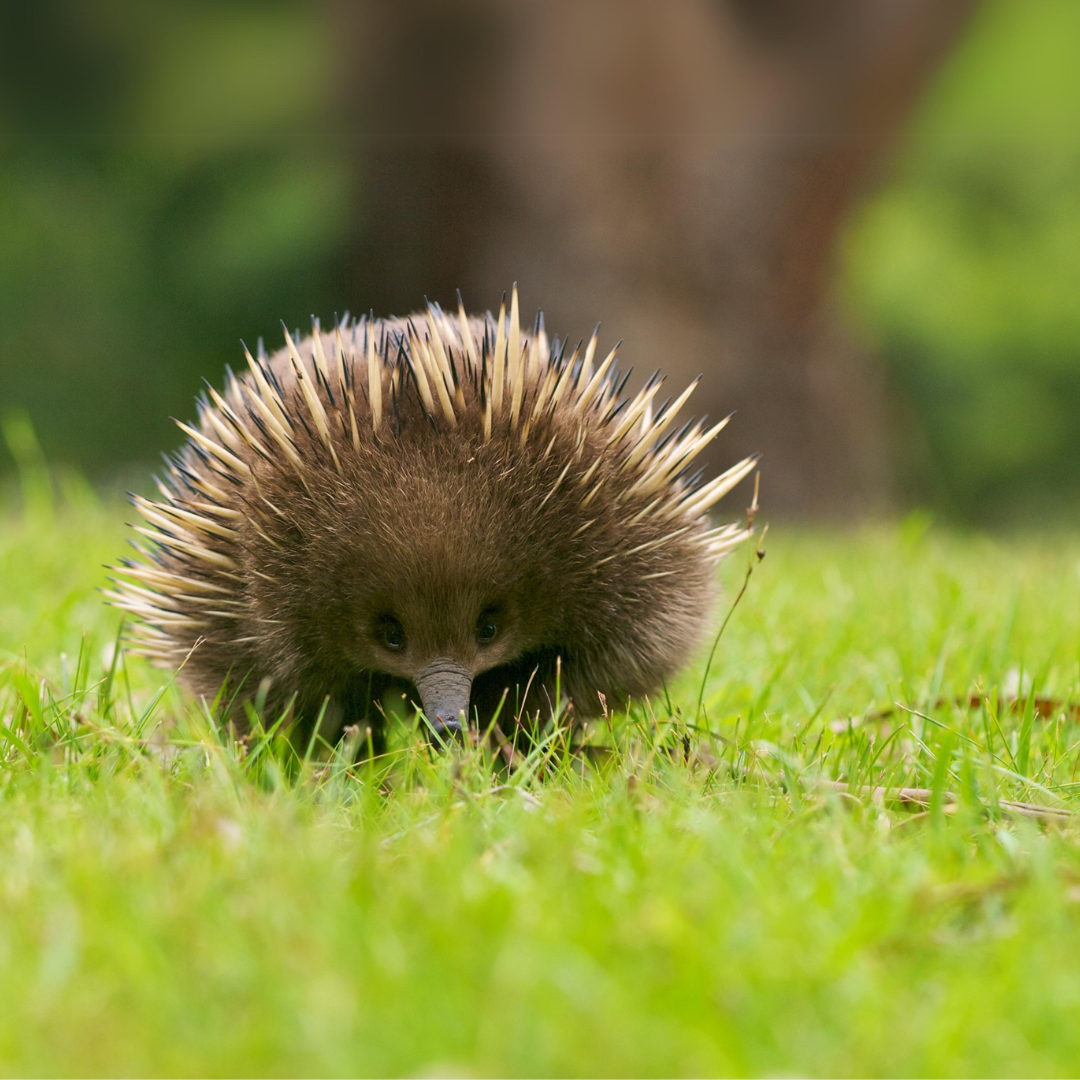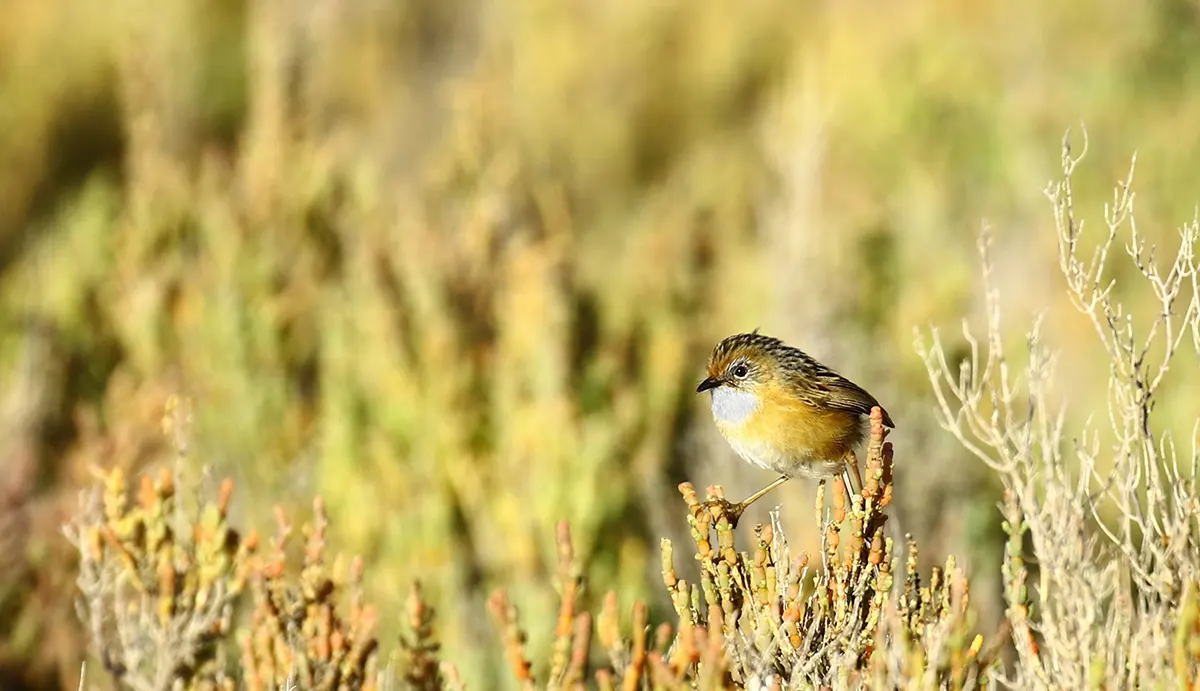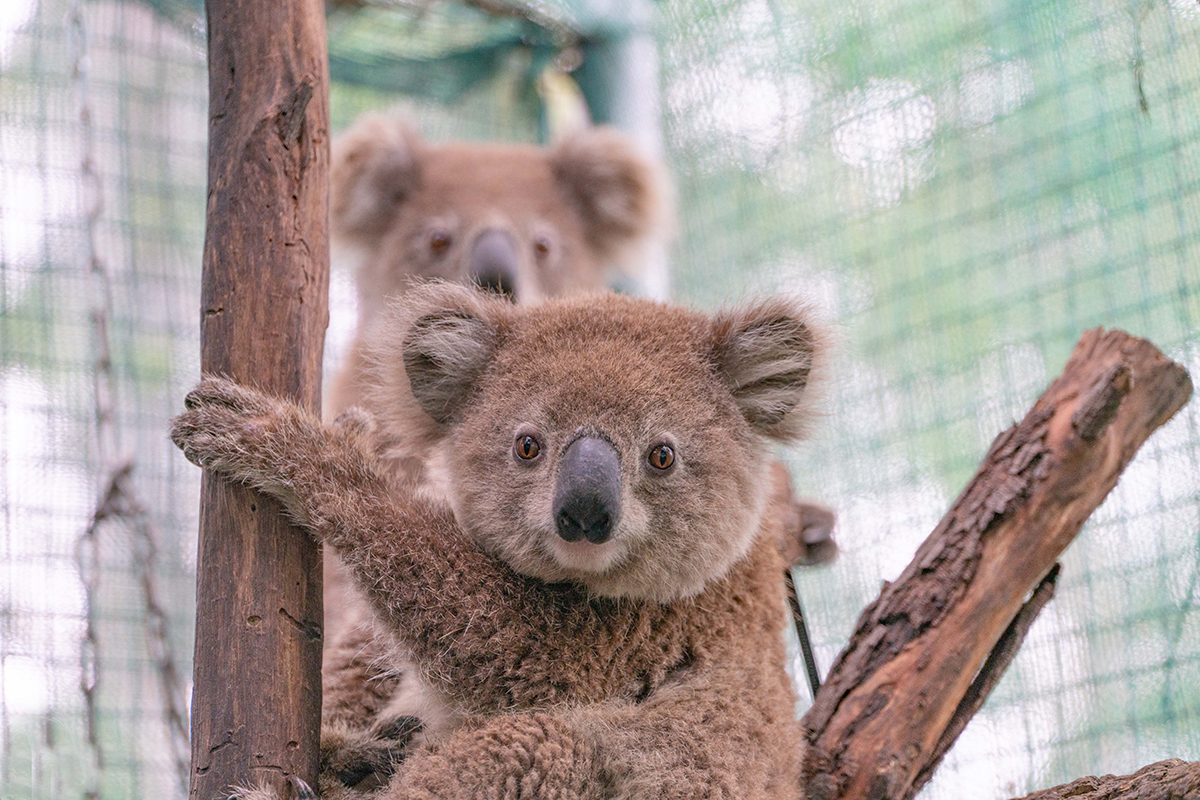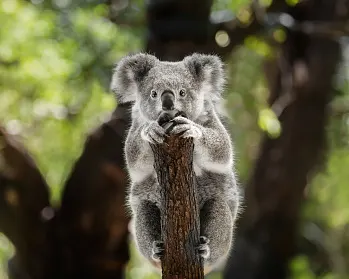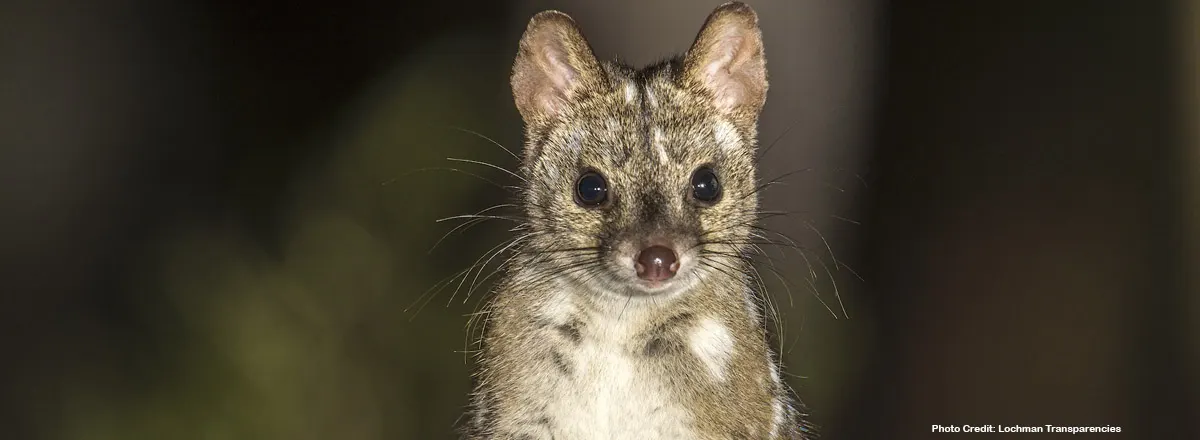
In recent years Australian wildlife has been devastated by a series of record-breaking natural disasters including severe droughts, fires and floods. These have compounded existing challenges for native animals such as habitat loss and disease. With many native species already at risk of extinction, and scientists warning these emergency events will be experienced more frequently in future, the threats to wildlife have rapidly accelerated.
WIRES believes collaboration is key to addressing these challenges for wildlife, and WIRES is partnering on projects that deliver improved outcomes for native animals. Projects that utilise the expertise of, and share knowledge between, wildlife rehabilitators, researchers, conservation professionals, citizen scientists, environment organisations, government agencies and community groups, to deliver the best long-term outcomes for Australian species.
To increase national wildlife rescue and rehabilitation capacity, support wildlife and habitat disaster recovery, and deliver the best long-term protection and preservation outcomes for wildlife, WIRES has initiated the following national grant programs.
NATIONAL GRANTS PROGRAM
Launched in 2021, WIRES began a five-year National Grants Program where $5 million is allocated, up to $1 million per annum, to support wildlife rescue, rehabilition, and recovery accross Australia. Applications open mid-year.
In the first two years 142 grants have been awarded to groups across all states and territories to improve outcomes for wildlife.
RESEARCH GRANTS PROGRAM
Launched in 2022, WIRES began a three-year Research Grants Program where $1.5 million is allocated, up to $500,000 per annum, to support critical national wildlife research projects. Applications will open again early 2024
In the first two years 21 research grants have been awards across the country to improve wildlife outcomes.
VETERINARY VACCINATION GRANTS
In 2021, to increase veterinary capacity to treat flying-foxes and microbats, WIRES launched a program to support veterinary clinics to get more staff vaccinated, as anyone handling bats must be vaccinated against Australian Bat Lyssavirus. Many species of flying-foxes and microbats were already classified as vulnerable to extinction or endangered before the Black Summer fires, and flying-foxes are vital long-range pollinators crucial to healthy ecosystems.
Wildlife rescuers and carers rely heavily on the generosity of veterinary clinics and wildlife hospitals to triage and treat injured flying-foxes and microbats. Flying-foxes often come into care with severe injuries from entanglement and swift treatment of these injuries is critical for their survival. Flying-foxes are also highly susceptible to heat stress as entire colonies can be severely affected, and these emergency events are becoming more common in summer months.
For more details view WIRES Veterinary Vaccination Grants Update
EMERGENCY RELIEF GRANTS
In 2020, in the aftermath of the Black Summer fires, WIRES ran two national Emergency Relief Grant Programs, committing over 2 million to rescue and rehabilitation projects that supported 223 carers and groups across Australia, and 1 million to providing emergency assistance to veterinary clinics treating wildlife.
For details on some of the projects supported view WIRES Emergency Relief Grants Update and Currumbin Hospital Extension Update.

